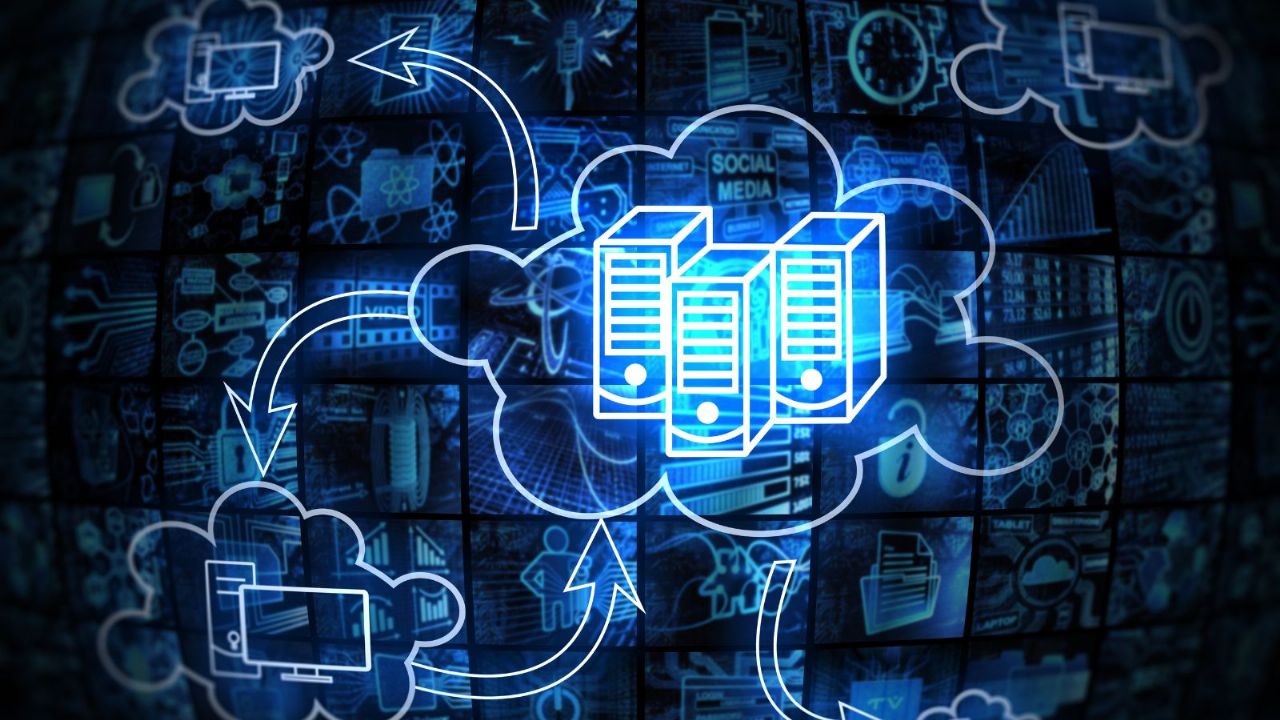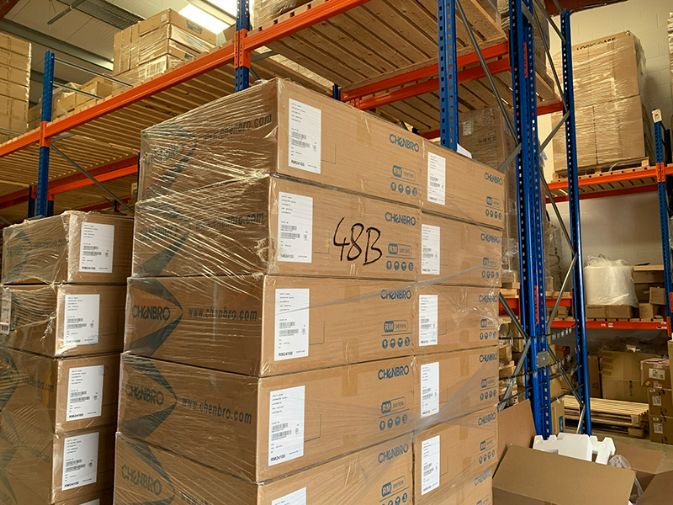In today's digital world, servers are essential for the storage and protection of corporate data. Over time, servers have developed into a comprehensive solution that provides round-the-clock management, storage, and security of data. This means that effective server management has a direct impact on a company's daily operations and can help to maximize operational efficiency. Let’s start with the basics to understand this better.
What are servers?
Servers are computing devices that provides functionality and information to other computers. It is composed of components similar to those found in a regular desktop computer, such as a motherboard, processor, and memory. However, the parts of a server are more robust and designed to handle more complex tasks. Each type of server is specifically designed for a particular purpose.
In essence, servers are designed to process requests for data from other computers and then provide the appropriate action. The information is sent back to the original requester or other computers via the internet/local area network. For a server to function correctly, it must be connected to a network so that users can access the data stored on it.
Why are servers important for business?
Servers provide businesses with a secure way to store data and enable employees to work more efficiently and productively by allowing authorised users to access the system remotely. The most critical role of a server is to protect an organisation's network while running applications in response to user requests.
The benefits:
- Regardless of location, organisations can share resources easily.
- Make remote work possible
- Deploy faster and more efficient applications
- Less risk of data loss and workflow disruption.
- Regular data backups increase reliability of resources

Server Platforms
Businesses should take the time to understand their most important functions and operations and research the hardware and software that best meet their needs. When it comes to servers, it is important to consider whether physical or virtual servers are the best option. By taking the time to understand your business needs, you can ensure that you are making the right technology choices for your business.
Physical Servers:
A physical server is a tangible piece of hardware that can be seen and touched. It is a powerful computer that runs operating systems and applications and can be stored either in-house or in a colocation facility. These servers can be tailored to meet the specific needs and requirements of any business.
Virtual Servers:
Virtual servers are more cost-effective and energy-efficient than traditional servers, as they share hardware and software resources with other operating systems. These servers are typically located remotely, enabling businesses to host large servers that can be divided into separate virtual environments.
Different Types of Servers
Servers are typically organized in groups and are dedicated to performing a specific task. It is rare to find a single server, as companies usually own multiple servers to increase their processing power and support multiple databases, systems, and applications. If you're curious about the different types of servers, you've come to the right place! Keep reading to learn more
Application Server:
An application server is a server designed to host applications for an organization and its users. It is often seen as part of a three-tier system, which includes a graphical user interface (GUI) server, an application (business logic) server, and a database and transaction server. CIO Wiki states that this type of setup is commonly used.
Web Server:
A web server's primary purpose is storing, processing, and delivering web pages to users upon request. It communicates with web browsers using the TCP/IP protocol, sending HTTP requests, and responding with HTML pages and potentially additional programs such as ActiveX controls or Java applets.
Email Server:
An email server is a powerful computer system responsible for sending, receiving, and managing emails. It uses standard email protocols such as SMTP, POP3, and IMAP to ensure that emails are sent and received quickly and securely. The server also stores emails in a database, allowing users to access emails from any device with an internet connection.
Proxy Server:
Proxy servers function as an intermediary between a user and the internet. It provides a secure connection by encrypting the data sent over the web, allowing businesses to protect their data.
File Transfer Protocol (FTP) Server:
File Transfer Protocol (FTP) is a system that enables the transfer of files between computers over the internet or between computers with different operating systems. It allows for the secure exchange of data from one computer to another, making it a convenient way to share files.
Database Servers:
Database servers are utilised to store, manage, and grant access to authorised users for databases.
DNS servers:
The function of DNS servers is to store a database of public IP addresses and their associated hostnames, and to translate these names into IP addresses when requested. These servers use specific software and protocols to communicate with each other.
File Server:
File servers provide a centralised storage location for an organisation's private network, enabling employees to share and transfer files across the network.
What we do
The Server Group are established White Box System builders that supply out of the box solutions to both channel partners and direct to organisations who are looking for an alternative to Tier 1 vendors.
There are multiple reasons for businesses to buy white box servers over the usual suspects, such as:
- Versatility
- Flexibility
- Unique products
- Pricing benefits in specific use cases
The Server Group supplies servers and workstations into a variety of different markets and the types of server we supply include (but aren’t limited to):
- Web Servers for hosing of websites, applications, and ecommerce platforms.
- Email and File Servers for managing a business’s day to day operations.
- Database Servers for storing and managing large amounts of data.
- Application Servers for run and manage business critical applications.
- Virtualization Servers for running VM’s across multiple operating systems and applications on a single physical server.
- Back Up Servers for storage of critical data and files to be restored in the event of disaster.
- Cloud Service Servers
- Software Development Servers
- Gaming Servers to support online multiplayer experiences.
- AI Servers – Machine Learning, Deep Learning, Natural Language Processing (NLP), Computer Vision, Robotics and Automation.
- GPU Workstations covering video and image processing, gaming and virtual reality, financial modelling such as high frequency trading (HFT).


















